History
Subjects
-
New List Item Write a description for this list item and include information that will interest site visitors. For example, you may want to describe a team member's experience, what makes a product special, or a unique service that you offer.
Art -
New List Item Write a description for this list item and include information that will interest site visitors. For example, you may want to describe a team member's experience, what makes a product special, or a unique service that you offer.
Drama -
New List Item Write a description for this list item and include information that will interest site visitors. For example, you may want to describe a team member's experience, what makes a product special, or a unique service that you offer.
English -
New List Item Write a description for this list item and include information that will interest site visitors. For example, you may want to describe a team member's experience, what makes a product special, or a unique service that you offer.
French -
New List Item Write a description for this list item and include information that will interest site visitors. For example, you may want to describe a team member's experience, what makes a product special, or a unique service that you offer.
Geography -
New List Item Write a description for this list item and include information that will interest site visitors. For example, you may want to describe a team member's experience, what makes a product special, or a unique service that you offer.
History -
New List Item Write a description for this list item and include information that will interest site visitors. For example, you may want to describe a team member's experience, what makes a product special, or a unique service that you offer.
ICT & Computer Science -
New List Item Write a description for this list item and include information that will interest site visitors. For example, you may want to describe a team member's experience, what makes a product special, or a unique service that you offer.
Latin -
New List Item Write a description for this list item and include information that will interest site visitors. For example, you may want to describe a team member's experience, what makes a product special, or a unique service that you offer.
Mathematics -
New List Item Write a description for this list item and include information that will interest site visitors. For example, you may want to describe a team member's experience, what makes a product special, or a unique service that you offer.
Music -
New List Item Write a description for this list item and include information that will interest site visitors. For example, you may want to describe a team member's experience, what makes a product special, or a unique service that you offer.
Philosophy -
New List Item Write a description for this list item and include information that will interest site visitors. For example, you may want to describe a team member's experience, what makes a product special, or a unique service that you offer.
Physical Education -
New List Item Write a description for this list item and include information that will interest site visitors. For example, you may want to describe a team member's experience, what makes a product special, or a unique service that you offer.
Religious Education -
New List Item Write a description for this list item and include information that will interest site visitors. For example, you may want to describe a team member's experience, what makes a product special, or a unique service that you offer.
Science -
New List Item Write a description for this list item and include information that will interest site visitors. For example, you may want to describe a team member's experience, what makes a product special, or a unique service that you offer.
Science - KS3 Curriculum -
New List Item Write a description for this list item and include information that will interest site visitors. For example, you may want to describe a team member's experience, what makes a product special, or a unique service that you offer.
Spanish
History
The study of History is more than just listing dates and reciting the names of long forgotten kings. History is as much about the present and future as it is about the past.
“The more you know about the past, the better prepared you are for the future.” Theodore Roosevelt
Linking current world events and politics underpins much of the History teaching and pupils are encouraged not to view historic events as isolated incidents, but as part of a wider worldview where one person’s actions can change the course of history. Therefore debate and analysis are encouraged in the History classroom with the aim of nurturing inquiring minds and pupils who are curious about the world around them.
By studying a range of time periods and a broad spectrum of topics, History enables pupils to better understand the world in which they live, and become more open minded and tolerant towards other cultures and perspectives. It also helps them to better understand themselves. Finding personal connections with the past and stories which resonate with pupils helps history to become a less remote place from which they may have felt totally disconnected.
“If you don’t know history, then you don’t know anything. You are a leaf that doesn’t know it is part of a tree.” Michael Crichton
My Learning at The Laurels
History lessons are an opportunity to actively engage with the past. Through role-plays, primary source analysis and watching historic footage, History is brought to life in a meaningful and exciting way.
You will develop both your written and verbal communication through a variety of tasks and by working independently, in pairs and in groups. Debate is strongly encouraged and you will have many opportunities to give presentations to the whole class and work on extended projects.
There are several co-curricular activities offered by the History Department, including the History Club and the History Action Group, which takes the lead in organizing events in school to commemorate historical events.
Course Content
KS3
Years 7 to 9
Across KS3 pupils study a broad range of time periods covering Medieval, Early Modern and Modern History encompassing British, European and World History. There is a focus on enquiry based learning whereby pupils investigate the past by answering challenging questions and closely examining source materials.
Pupils study exciting moments and pivotal turning points in History and examine key concepts including ‘change and continuity’, ‘cause and consequence’ and ‘significance’. Pupils are encouraged to develop empathy as they engage with stories from the past and to challenge the evidence which they examine, rather than simply accepting sources as fact.
This keen focus on developing pupils’ analytical skills is crucial in their progression throughout KS3 History and towards KS4. These transferable skills are also vital as they mature and increasingly engage with the world around them by watching the news and reading newspapers. Making links with current events and engaging in debate is a central part of the History classroom environment.
KS4
Years 10 and 11
The following AQA options are studied at The Laurels:
Paper 1: Understanding the modern world
Section A: Period Studies
Germany, 1890–1945: Democracy and dictatorship
This period study focuses on the development of Germany during a turbulent half century of change. It was a period of democracy and dictatorship – the development and collapse of democracy and the rise and fall of Nazism. Students will study the political, economic, social and cultural aspects of these two developments and the role ideas played in influencing change. They will also look at the role of key individuals and groups in shaping change and the impact the developments had on them.
Section B: Wider world depth studies
Conflict and tension: the inter-war years, 1918–1939
This wider world depth study enables students to understand the complex and diverse interests of different individuals and states including the Great Powers. It looks at concepts such as national self-determination, ideas of internationalism and the challenges of revising the peace settlement. It focuses on the causes of the Second World War and seeks to show how and why conflict occurred and why it proved difficult to resolve the issues which caused it. This study also considers the role of key individuals and groups in shaping change, as well as how they were affected by and influenced international relations.
Paper 2: Shaping the Nation
Section A: Thematic study
Britain: Health and the people: c1000 to the present day
This thematic study will enable students to gain an understanding of how medicine and public health developed in Britain over a long period of time. It considers the causes, scale, nature and consequences of short and long term developments, their impact on British society and how they were related to the key features and characteristics of the periods during which they took place. Although the focus of this study is the development of medicine and public health in Britain, it will draw on wider world developments that impacted on the core themes. Students will have the opportunity to see how some ideas and events in the wider world affected Britain and will promote the idea that key themes did not develop in isolation, but these ideas and events should be referenced in terms of their effects on the core theme for Britain and British people.
Section B: British depth studies (with the historic environment)
Norman England, c1066–c1100
This option allows students to study in depth the arrival of the Normans and the establishment of their rule. The depth study will focus on major aspects of Norman rule, considered from economic, religious, political, social and cultural standpoints of this period and arising contemporary and historical controversies.
GCSE Examination Board
Clubs and Enrichment
- Model United Nations
- History Action Group
- History Club – KS3
- History Club – KS4
- History Skills Lab – KS4
- Holocaust Memorial Day Commemorations
- Armistice Day Commemorations
- Black History Month






